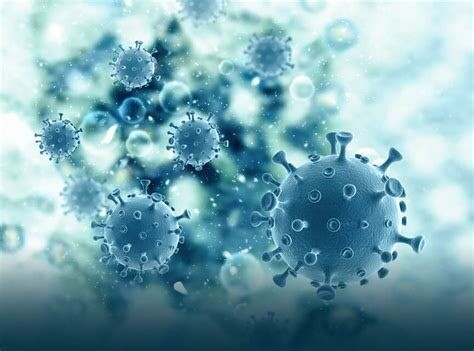Bacterial zoonotic diseases are infections that can be transmitted from animals to humans. These diseases are caused by bacteria that are naturally present in animals, such as bacteria found in the gut, on the skin, or in saliva.
Risks: The risk of infection from bacterial zoonotic diseases depends on various factors, including the type of bacteria, the animal host, and the mode of transmission. Some common bacterial zoonotic diseases include Salmonellosis, Campylobacteriosis, and Lyme disease.
Prevention: To reduce the risk of infection from bacterial zoonotic diseases, the following precautions can be taken:
- Wash hands thoroughly after handling animals or animal products.
- Cook meat and eggs thoroughly before eating.
- Avoid close contact with animals that are sick or that carry diseases.
- Wear protective clothing and equipment when working with animals.
- Keep food and feed storage areas separate from animal areas.
- Prevent wildlife from accessing food storage areas.
- Regularly clean and disinfect animal housing facilities and equipment.
By following these guidelines, people can reduce their risk of infection from bacterial zoonotic diseases and help to prevent the spread of these diseases.
Want to Learn in detail about Bacterial Zoonotic Diseases - what they are, how they are transmitted from animals to humans, and how to prevent them? Explore the blog by Genextgenomics on Bacterial Zoonotic Diseases.

Comments
Post a Comment